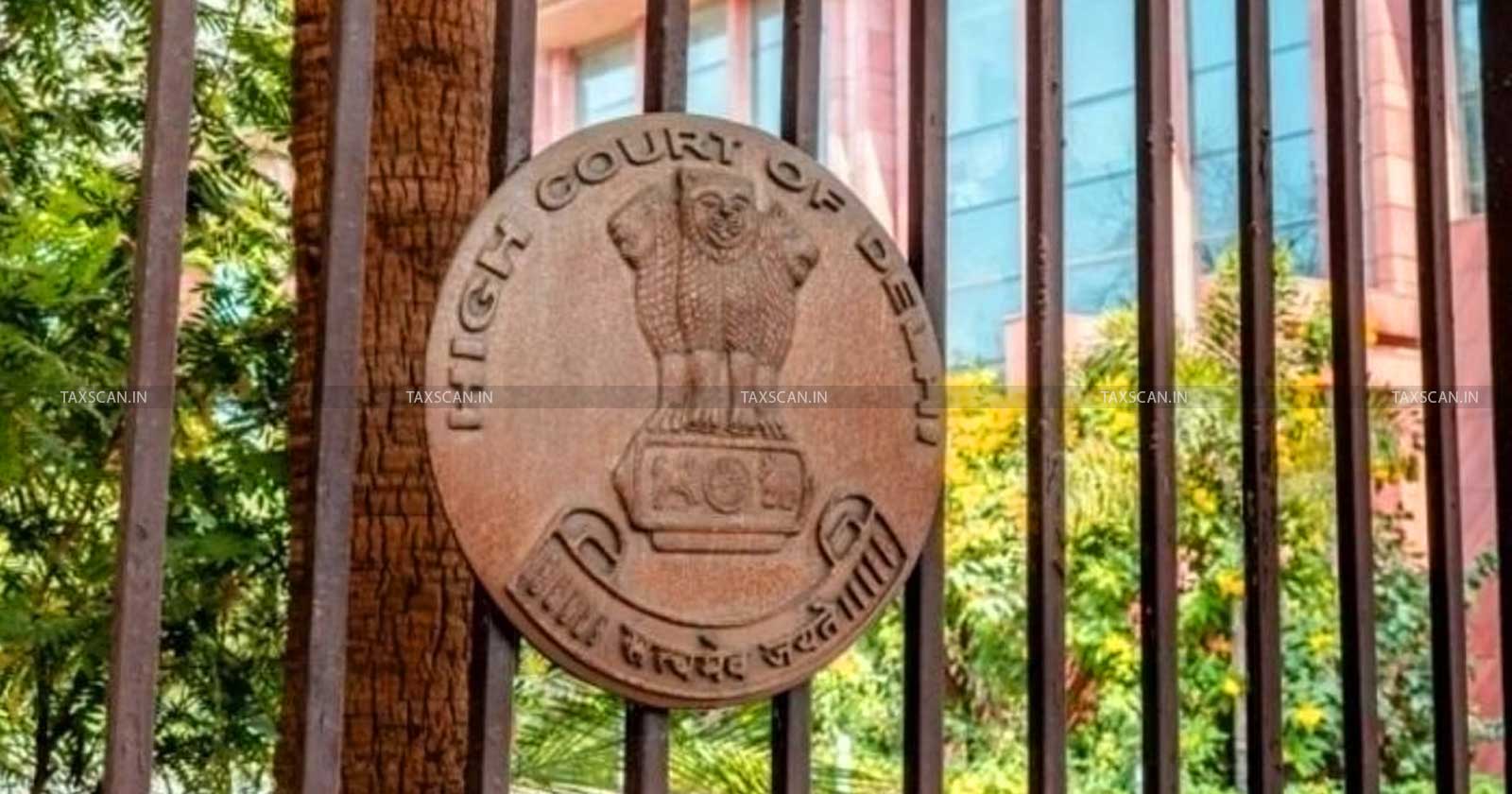No TDS Prosecution can be Initiated against any Corporate Office Holder without Establishing Administrative Connection: Delhi HC [Read Order]
The Delhi High Court held that no TDS prosecution can be initiated against any corporate office holder without establishing administrative connection

Delhi High Court – TDS – TDS Prosecution – Corporate Office – Corporate TDS Prosecution – taxscan
Delhi High Court – TDS – TDS Prosecution – Corporate Office – Corporate TDS Prosecution – taxscan
A division bench of the Delhi High Court held that no TDS prosecution can be initiated against any corporate office holder without establishing administrative connection.
The petitioner has approached the Court assailing the impugned order dated 20 June 2019 as well as a corrigendum dated 24 July 2019 passed by the first respondent holding the petitioner as the “Principal Officer” of the company for the purposes of initiating prosecution under Section 276B of the Income Tax Act, 1961.
The petitioner responding to the said notice on 19 December 2018 pointed out that he was appointed as the MD only on 02 May 2017 and had resigned from that post on 02 March 2018. In view of the aforesaid, it was asserted that he could not be possibly held to be the person responsible for FY 2016-17 at least. Insofar as the other FY in question is concerned, it was submitted that he was not connected with or in charge of the accounting or financing activities pertaining to the company in question and therefore the respondents had illegally treated him to be the “Principal Officer”.
The Court of Justices Yashwant Varma and Purushaindra Kumar Kaurav observed that “In our considered opinion merely because a person holds an office in a corporate entity would not be sufficient to place that individual in clause (b). The intention of the respondent to treat an individual as the “Principal Officer” must be based on it being satisfied that the person was connected with the management or administration of the company.”
“We find ourselves unable to sustain the view as expressed by the respondents in the impugned order dated 20 June 2019, the corrigendum dated 24 July 2019 as well as the subsequent communications dated 08 August 2019 and 30 September 2019. In our considered opinion, the respondents would have to examine the issue afresh bearing in mind the response which had been submitted by the petitioner and upon due inquiry being made with respect to whether the petitioner could be said to be a person connected with the management or administration of the company in question. The answer to the question which stands posited in the backdrop of Section 2(35) would have to be examined afresh and in light of the observations appearing hereinabove” the Bench noted.
To Read the full text of the Order CLICK HERE
Support our journalism by subscribing to Taxscan premium. Follow us on Telegram for quick updates


